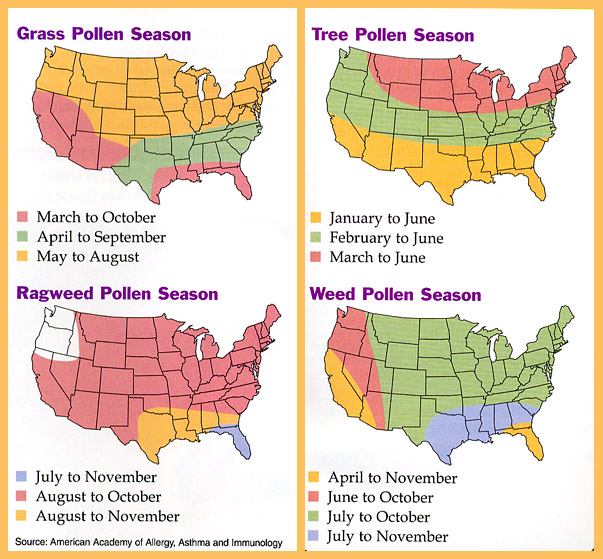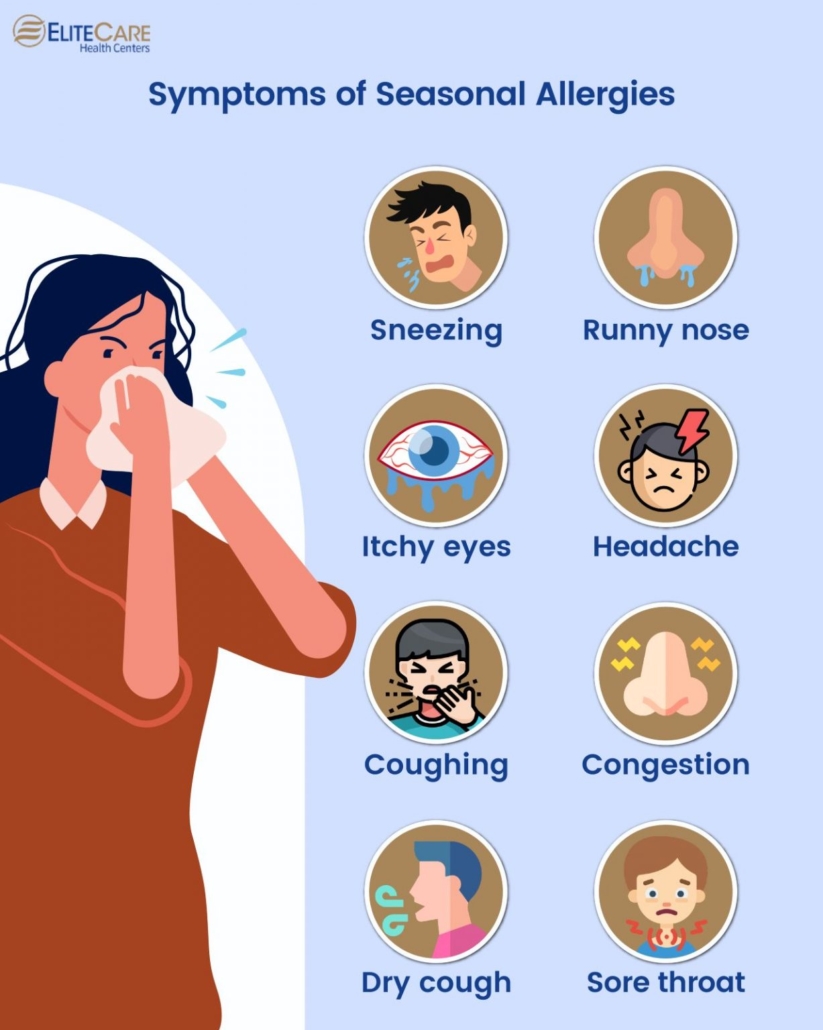2025 Allergy Season: Why It’s Worse Than Ever and How to Prepare
If you’ve been sneezing more than usual this spring, you’re not alone. Allergy season in 2025 is shaping up to be one of the worst on record, especially in warm, humid regions like Tampa Bay. Longer pollen seasons, higher pollen counts, and stronger allergens are making life miserable for millions—and climate change is a major reason why.
Allergy Season Is Starting Earlier—and Lasting Longer
Over the past 30 years, pollen seasons have started about 20 days earlier and lasted roughly 10 days longer. This means allergy sufferers are now exposed to allergens for nearly a month more each year. In Florida, the warm climate allows for nearly year-round pollen production, with tree pollen dominating in spring, grasses in summer, and weeds like ragweed peaking in late summer and fall
Climate Change Is Fueling the Surge
Rising temperatures and increased carbon dioxide levels are causing plants to produce more pollen—and more potent pollen at that. This year, cities like Atlanta have already broken pollen count records, with over 14,000 grains per cubic meter recorded in a single day . In Tampa, recent weather patterns, including increased rainfall from storms, have led to higher grass and weed pollen levels
Comparing 2025 to Previous Years
Data indicates that pollen counts have increased by 21% over the past three decades, with tree pollen showing the most significant rise. In Tampa, the allergy season has become more intense, with higher pollen levels and longer durations compared to previous years.
Common Symptoms and Triggers
The most prevalent in Tampa include:
- Tree Pollen: Oak, Cedar and Maple
- Grass Pollen: Bermuda, Johnson and Rye
- Weed Pollen: Ragweed and Pigweed

